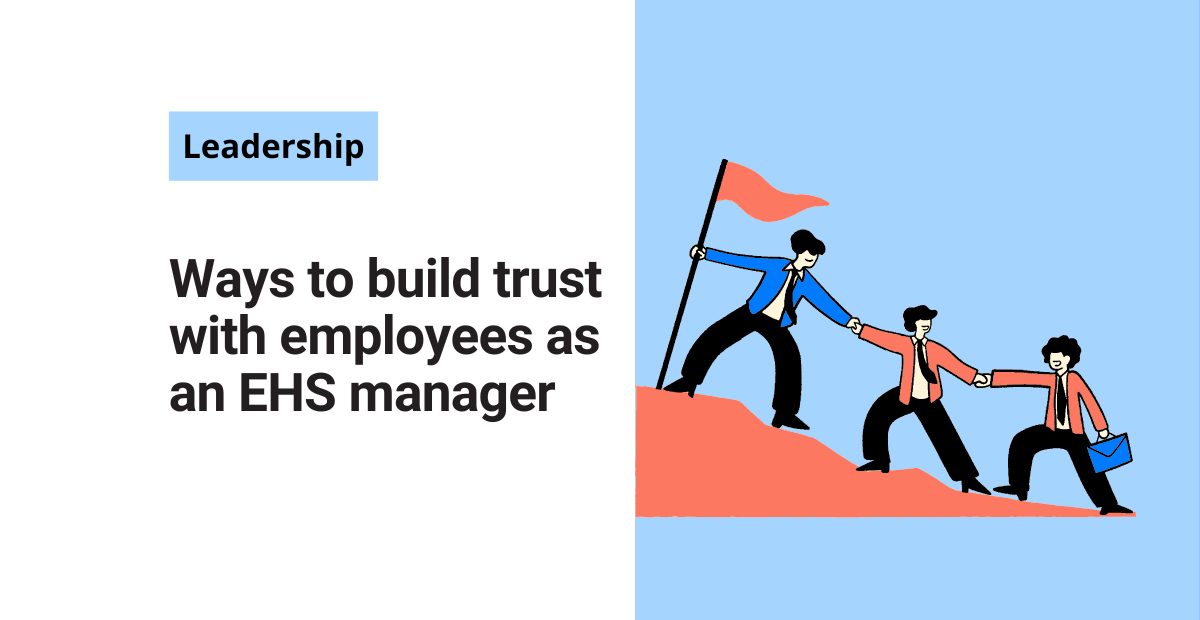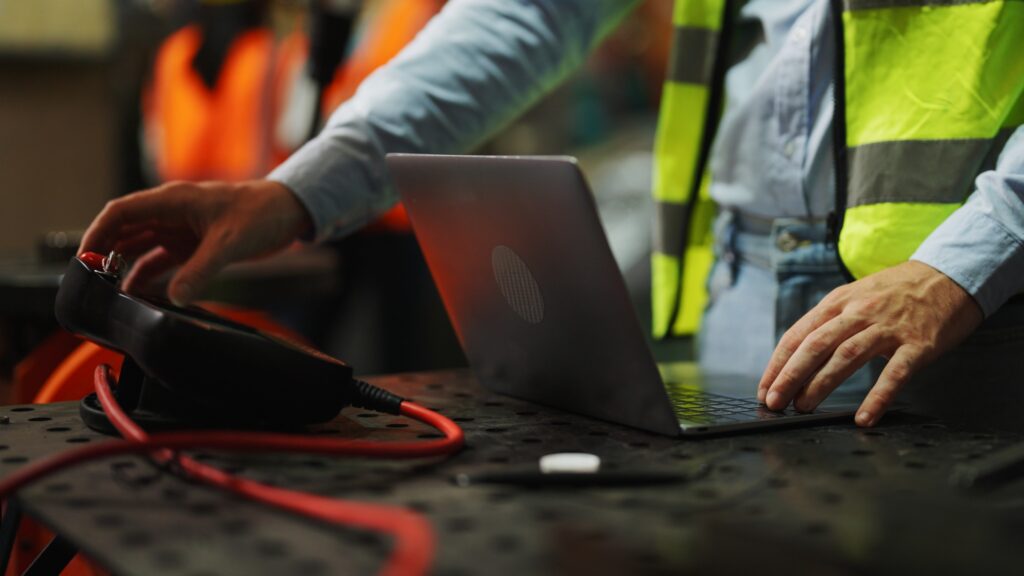We may have finally turned the corner when it comes to viewing EHS professionals as “safety cops.” If you’re an EHS leader who prefers the disciplinarian style, you might not like this article because I’m adamantly opposed to that approach in our profession. One of the essential ways to build trust with employees is to move away from the policing approach.
I’ve worked with and around many EHS professionals, some of whom preferred the policing of company policies. And if that’s you, I hate to say it, but your workers probably don’t trust you. And without effective ways to build trust with employees, you will never fully know what’s going on at your facility.
Employees won’t open up, supervisors will keep secrets (like incidents), and you will most likely fail in your goals to eliminate negative safety outcomes. In my opinion, the “EHS police” enforcement style needs to disappear forever from our profession. In its place, we should strive towards building trust with the workers we’re hired to protect.
Free template!
Before you hold your next safety committee meeting, use this template to outline your discussion topics and to-dos.
How do you earn trust?
So, how do you get your employees to actually trust you as an EHS professional? This is an important question because of the previous past style of safety we have experienced, and by focusing on ways to build trust with employees, you can improve these relationships.
I still face some predetermined assumptions before meeting people I work with. Once they meet me, we’re always good. In my experience, you can feel have a good relationship with nearly every person you work with if you follow these simple ways to build trust with employees.
Tip 1: Be somewhat of a people person.
You need to truly care about the people you work with. And while you don’t need to spend time with them outside of work, you must make an effort to be at least a little likeable to gain trust.
Tip 2: Get to know people on a personal level.
Building relationships is more than just understanding the skills and talents a worker has. It depends on knowing more details like what their family is like, what they do for fun, and all sorts of other seemingly “pointless” facts.
Tip 3: Express that you care.
Make it a point to remember things from everyone you talk to, even if it’s just the little things. Remember that Tim likes to scuba dive, John coaches his son’s football team, and Shirley has a daughter in girl scouts. Ask your employees about it and care about the answer. Don’t fake it, you need to really care about the people you work with.
Tip 4: Explain the “why.”
Workers need to know why you’re doing what you’re doing. Share your reasons for working in EHS. If you’re asking them to do something, tell them why and how it helps them. This is your chance to make safety personal for your workers and to show them the importance of personal responsibility.
Tip 5: Be relatable.
Workers need to know that you’re a person who has gone through your own series of challenges and experiences. It’s very difficult to trust someone that you can’t relate to—especially if you believe that person views themselves as superior in some way.
I recently met with a site manager who I could tell had a predetermined assumption about me. By the time I left his facility two days later, the guy was telling his crew about what a good person I was and how they could always lean on me for help. He was shaking my hand and giving me a brotherly hug on the way out because I took an opportunity to relate to him and build a bond.
Tip 6: Do what you say you’re going to do.
This last one is one of the most important things you can do as an EHS professional. It extends to your relationships with workers, supervisors, and senior leaders. If you start a safety committee meeting and tell everyone the meeting will last from 11:00-12:00 pm, your meeting had better be over at 12:00. Sticking to your promises lets everyone know they can count on you to follow through and deliver.
After nearly 20 years in EHS, I can’t tell you enough: don’t be the safety cop who walks around trying to get people in trouble. If you want to step into the future of this profession, spend your time nurturing relationships instead. The results you can get when you follow these ways to build trust with employees will help your EHS program become more successful and engaging to everyone at your company.

Jason Hathcoat, CSP
Jason is a seasoned EHS professional with more than 20 years of experience working in health and safety. He currently serves as a Senior EHS Leader at Trane Technologies.





